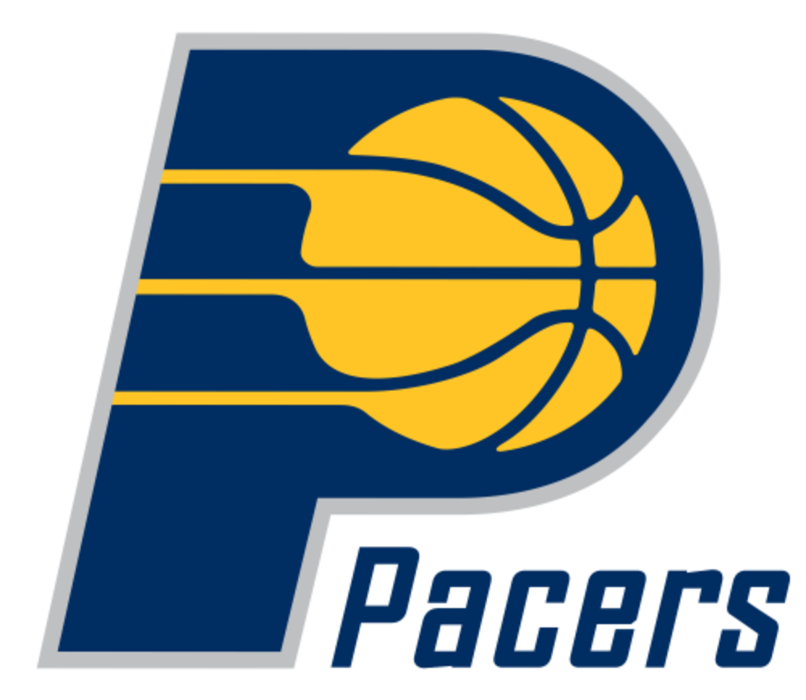For the most dedicated NBA fans, basketball is no game. Without a doubt, the unbridled passion and fanfare of sports lovers remains unmatched. And marketers for the Indiana Pacers—currently one of the best teams in the league—say the players’ appearance in this year’s NBA Eastern Conference Finals simply added to the fervor of Pacers’ fans, especially on Facebook. A perfect opportunity, the team’s marketers say, to craft a zealous social campaign that rides the wave of playoff excitement and turns passion into fan engagement—and eventually profit.
“We have a very passionate fan base…. That passion of [Pacers’] fans has carried over [to Facebook],” says Rob Laycock, VP of marketing at Pacers Sports & Entertainment. He says the team’s social media numbers are a clear illustration of that intense fan ardor. The Indiana Pacers have more than 240,000 followers on Instagram, and another 424,000 on Twitter. But the Pacers’ Facebook page is a slam dunk with nearly 2.4 million fans at the time of this writing.
“With numbers like that, we thought that [Facebook] was the best place to test out [our new marketing campaign]. And if the campaign was successful, then it gave us a foundation of data to be able to fully activate [a broader marketing campaign],” Laycock says.
Of course, basketball fans have a plethora of options to connect with the team and their favorite players: attending Pacers games, going to franchise events, watching or listening at home, and buying merchandise. But Laycock says that a marketing campaign rooted in Facebook interaction would give the team deeper insight into its fan base.
“Every fan is different. Facebook helps [marketers] get a better idea of what the desires and demands are of our fans,” Laycock says. “By connecting with them on Facebook, in a very transparent way, it provides that opportunity [to get to know them].”
The Pacers marketing team decided to get the ball rolling on a Facebook campaign that would accomplish three main goals: provide insight about the team’s fans, leverage excitement from the team’s appearance in the NBA playoffs, and cull customer data that would lead to more targeted, relevant, and effective messages. The team used Umbel, a social platform that helps brands to build digital profiles of their customers, for the initiative.
Laycock says the core of the campaign was a sweepstakes on Facebook; some of the associated contests ran during the Eastern Conference Finals. Fans could win tickets to each of the 10 sold-out playoff games held at Bankers Life Fieldhouse, along with autographed photos of the players, and a parking pass. “Those were pretty cool [items] for a fan to win—a VIP package,” Laycock says. “To be able to win tickets to sold-out games was a highly sought after sweepstakes.” The hope, he says, was that those prizes were enticing enough for fans on Facebook to volunteer personal data, such as name, email address, location, game-related likes, and sports-centric preferences.
“We would promote that [sweepstakes contest] on Facebook; fans would click the link and would then get the details: the rules, the prizes, and [most important to the marketing team] what data you would be providing to the Indiana Pacers,” Laycock says.
The marketing team used that treasure trove of information to pare down the nearly 2.5 million Facebook fans to qualified leads; i.e. people who would be more likely convert to ticket buyers. Then the Pacers tailored emails to its fans based on their favorite players, proximity to Indianapolis, and showing of affinity for the NBA franchise by participating in the sweepstakes. Targeting based on demographics, affinities, and preferences, ostensibly, drives more ticket sales and provides members of the sales department information to sell ads and sponsorships on the Pacers’ website.
Laycock says each sweepstakes post got enormous traction: “We exceeded our goals. We had 60,000 [new participants] that entered the sweepstakes.” In addition, 75% of those who visited the Pacers sweepstakes page on Facebook converted to email subscribers by completing the contest form. And with more customer data came more informed Facebook ad campaigns; the copy on the ads become increasingly targeted and personal.
Laycock adds that this Facebook promotion was, at its core, intended to galvanize the team’s most dedicated fans, as well as craft campaigns that would entice them to interact with the team and share data.
“The purpose of it, for the short term, wasn’t to sell tickets to the playoffs,” Laycock says. “It was really about fan engagement during the [NBA Conference Finals], and it allowed us to get a great foundation of data to evaluate over the course of this off season and going into the early part of next year.”








